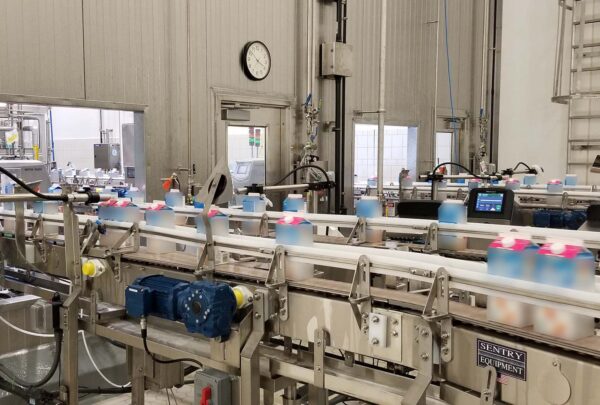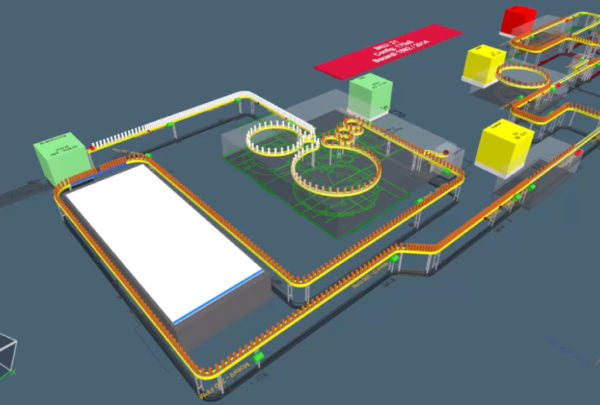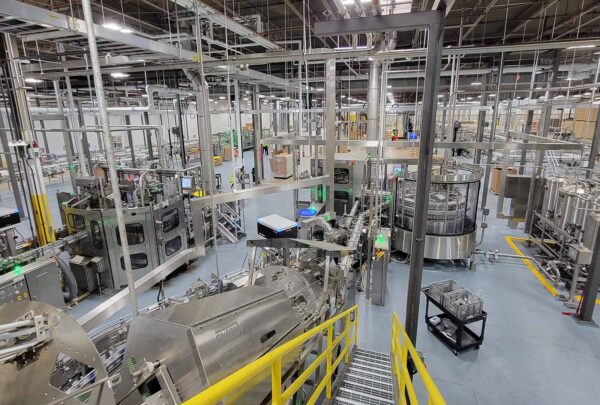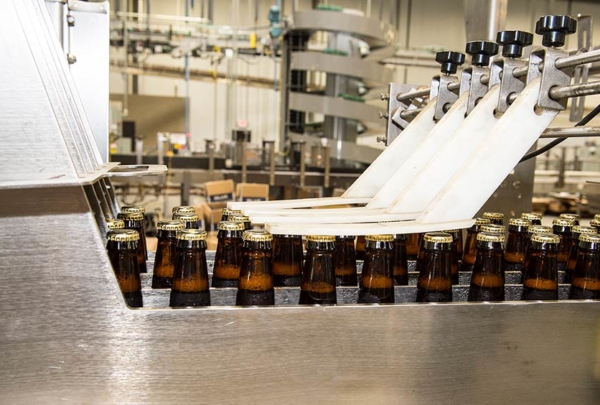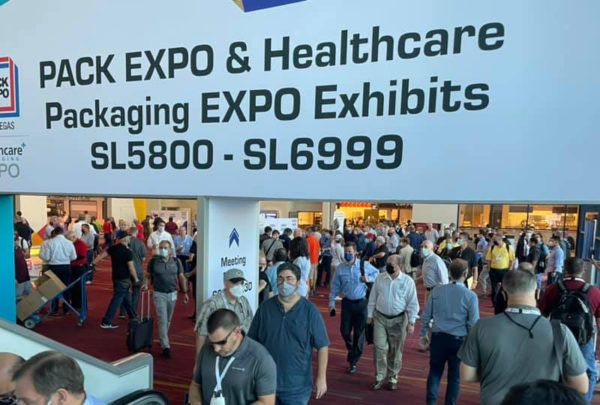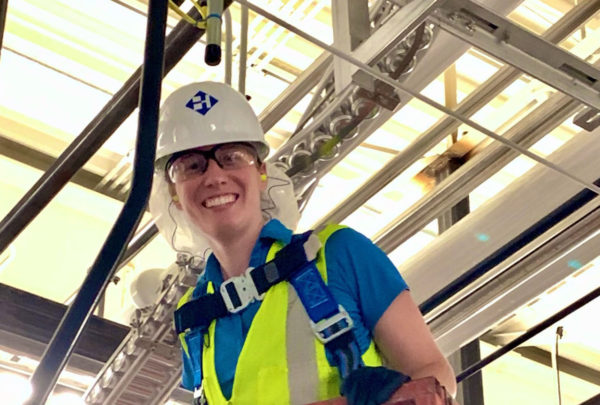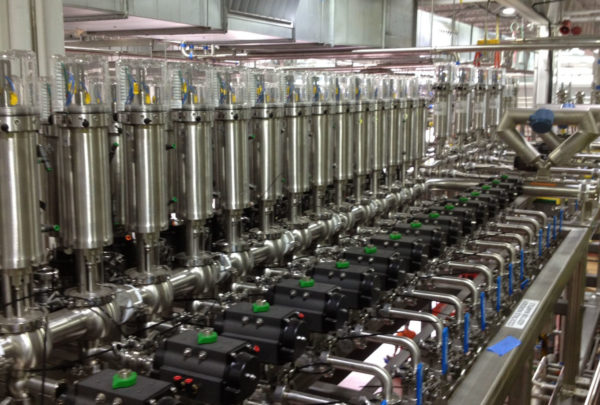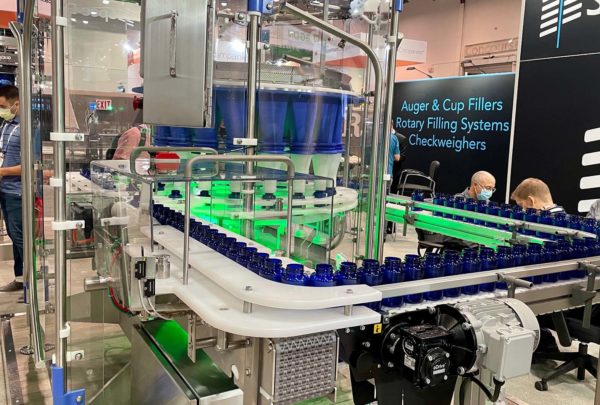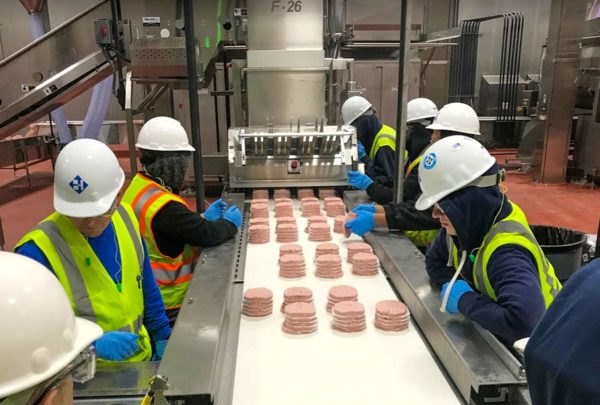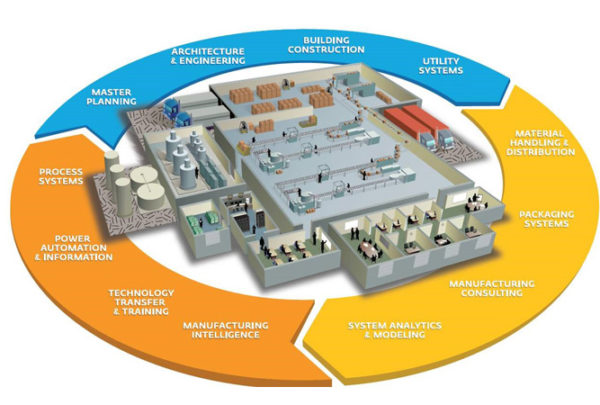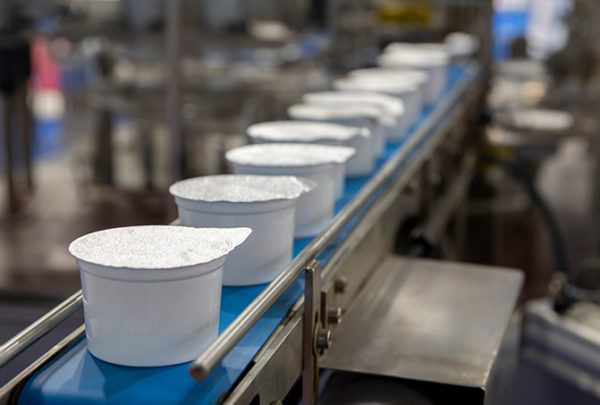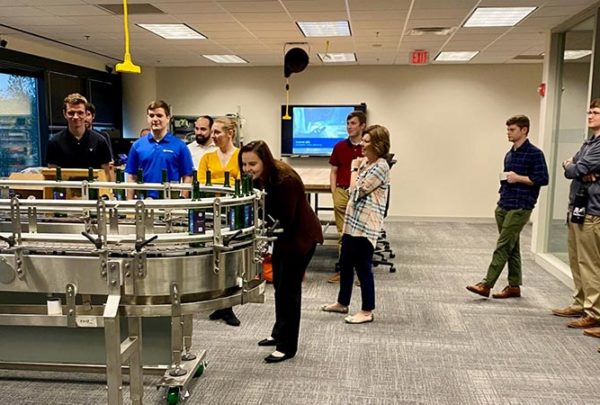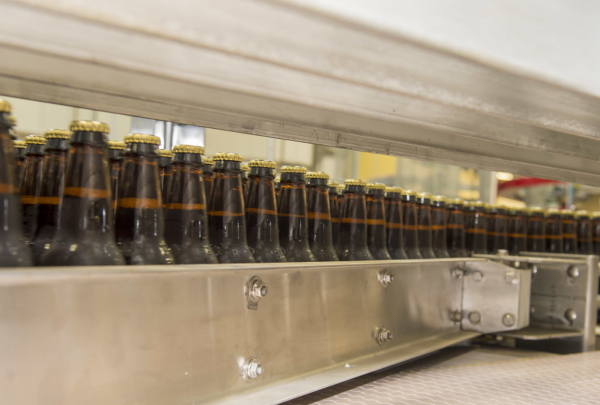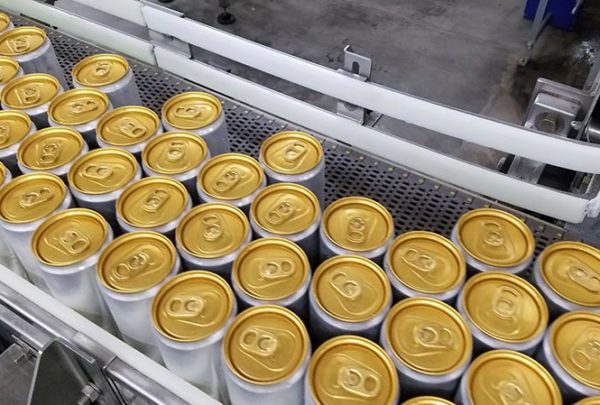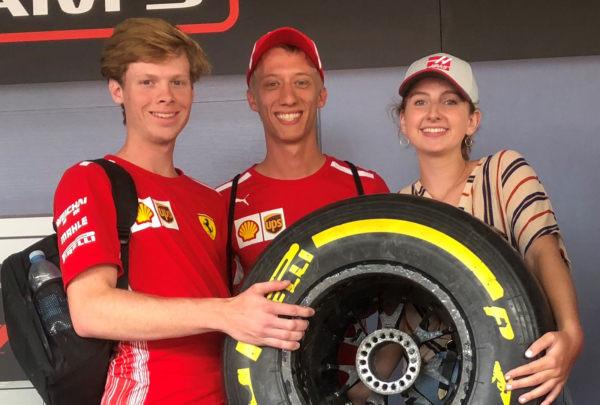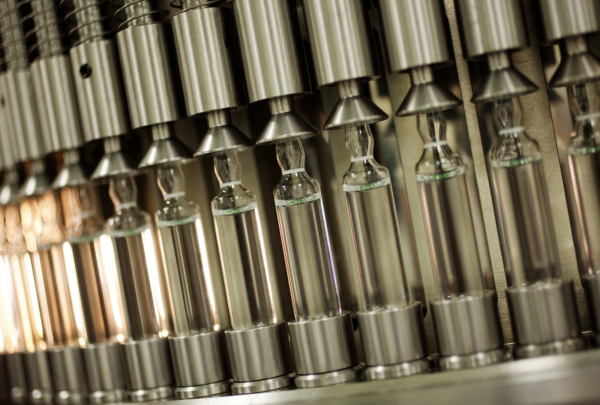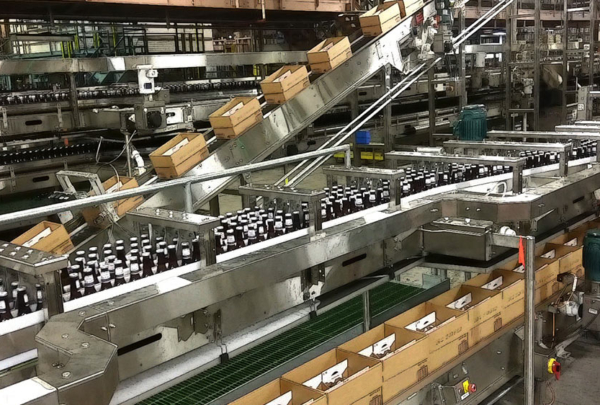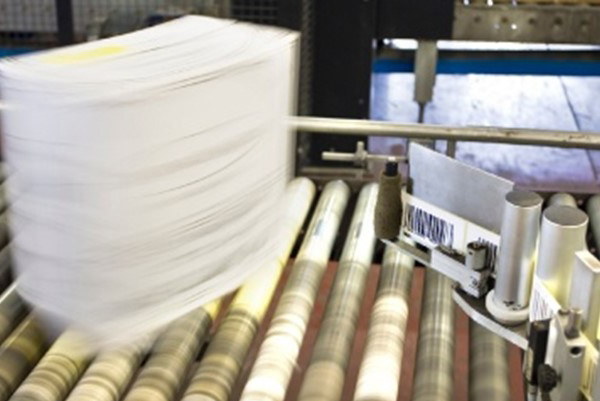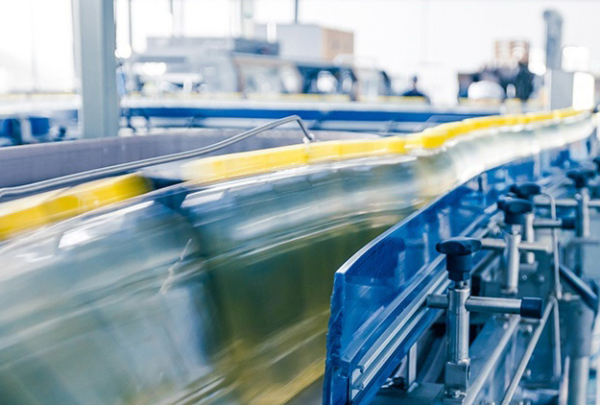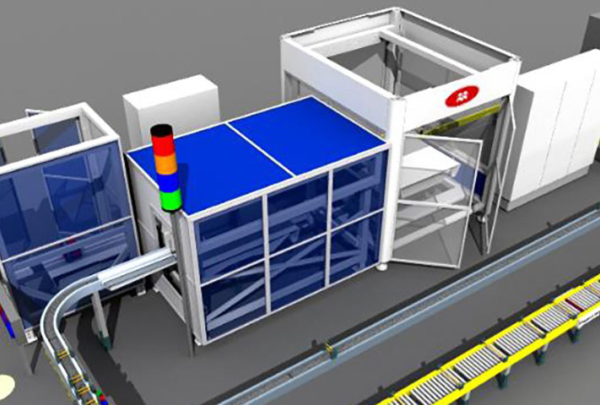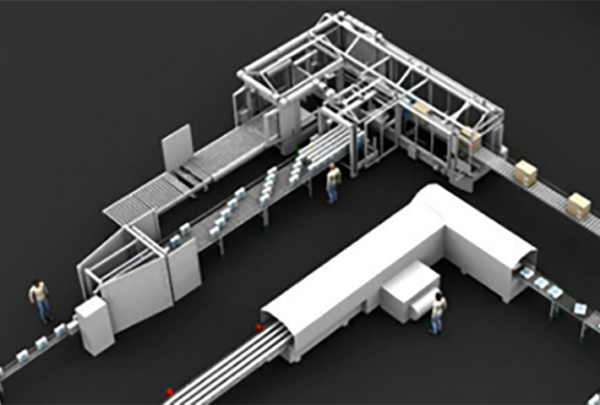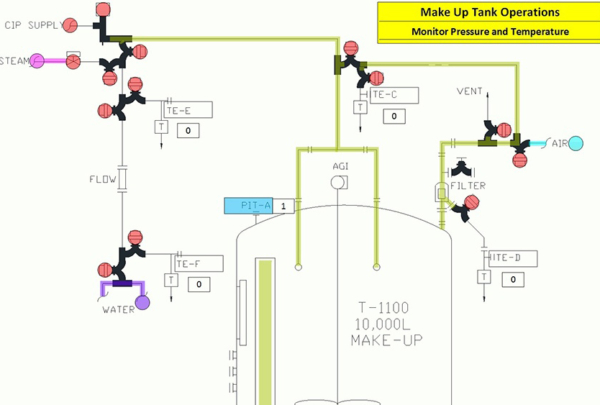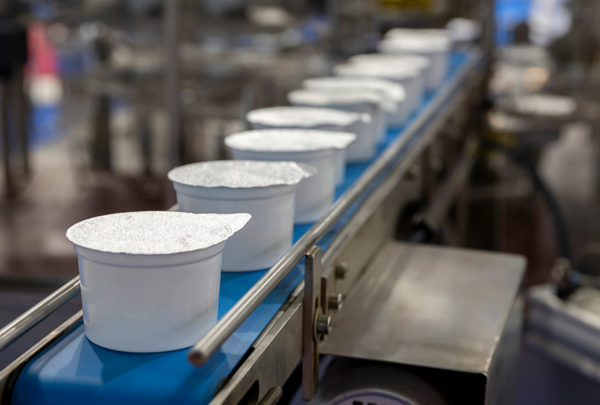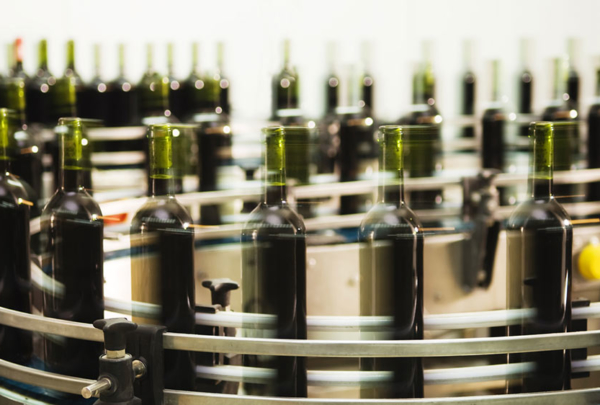At Haskell, we’re frequently asked about accumulation on packaging lines. How much is right for a line? Which type of accumulator is the best? How big and fast does it need to be? How many do I need? What’s the benefit, and how much will it cost?
Before we get into those questions, we should touch on what accumulation is and what it does. Accumulation on a production line acts as a buffer to prevent stoppages in one part of the line from affecting another. It is typically part of a robust line design, which maximizes the Overall Equipment Efficiency (OEE).
A car’s suspension provides an analogous situation. If a car’s wheels were rigidly fixed to the frame, the driver would feel every bump, rock, and hole in the road, as the wheels traveled over them and delivered the shock directly to the frame. In reality, a car’s suspension contains springs, rubber bushings, and shock absorbers to add some “give” to the system so the (much-happier) driver only feels the largest of bumps.
A properly designed and installed accumulation system performs this same function for a packaging line. The accumulator acts as a buffer so that small, short stoppages are absorbed without a broader line stoppage. This provides a similar “give” to the system. A well-designed and efficient accumulation system can increase efficiency by 40 percent or more.
Accumulation sounds great. What are the downsides?
Naturally, any accumulator will carry some additional cost to the up-front line investment. It is vital for the line control system to properly control the accumulators and conveyors to realize the efficiency benefit. Finally, other unit operations require increased production speed to draw down the accumulated product, which can incur a modest cost increase.
As part of a robust design process, Haskell performs simulations that compare the output of a line with various accumulation designs. Haskell then works with vendors and the customer, to develop a solution that maximizes efficiency and production, while minimizing cost. The benefits of inclusion of accumulation typically far outweigh the costs, when the increase in production is considered.
So, what kind of accumulator do I need how big should it be, and where should it go?
Accumulators come in many forms, shapes, sizes, functions, and costs. The correct answers depend on the product, the packaging operations being performed, the overall number of unit operations, the other equipment in the line, the line control architecture, and many other factors. Each accumulation design has tradeoffs that must be weighed to determine the best fit for the given customer and application.
Accumulation can be retrofitted into existing lines if desired. Typically, the design process for an accumulator retrofit is similar to a new application, evaluating the product, line equipment, speed, and other factors.
Frequently, accumulator retrofits are coupled with line controls audits and upgrades. Often, lines have been altered or expanded multiple times without much thought to overall control updates. Swapping machines, changing conveyor layouts and adding new unit operations all affect a line’s functionality.
Haskell will refresh the line controls to an effectively new state, incorporating the new accumulation system. Haskell has seen substantial efficiency increases from these types of projects, frequently without the need for a large capital expenditure or downtime.
 About the author: Peter Ferek is a Mechanical Engineer with 10+ years of system design and integration experience. As an Integration Manager, he is responsible for leading technical design efforts on multidisciplinary projects, with a focus on beverage production lines for cans, glass, and other packages. He can be reached at peter.ferek@haskell.com.
About the author: Peter Ferek is a Mechanical Engineer with 10+ years of system design and integration experience. As an Integration Manager, he is responsible for leading technical design efforts on multidisciplinary projects, with a focus on beverage production lines for cans, glass, and other packages. He can be reached at peter.ferek@haskell.com.

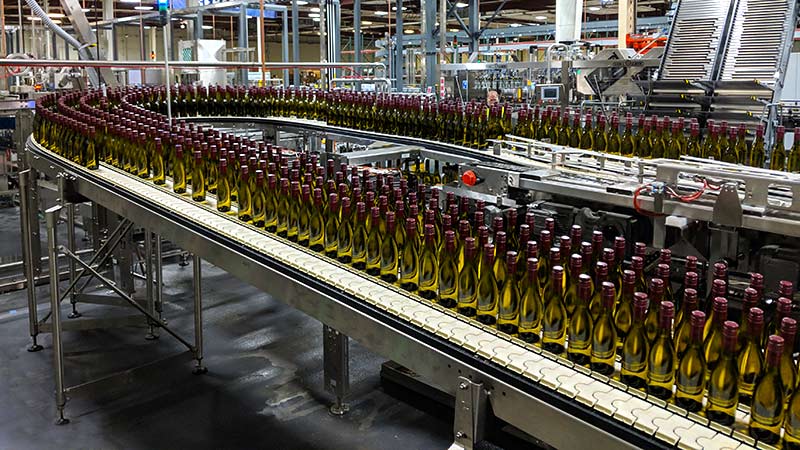
 About the author: Peter Ferek is a Mechanical Engineer with 10+ years of system design and integration experience. As an Integration Manager, he is responsible for leading technical design efforts on multidisciplinary projects, with a focus on beverage production lines for cans, glass, and other packages. He can be reached at
About the author: Peter Ferek is a Mechanical Engineer with 10+ years of system design and integration experience. As an Integration Manager, he is responsible for leading technical design efforts on multidisciplinary projects, with a focus on beverage production lines for cans, glass, and other packages. He can be reached at 


